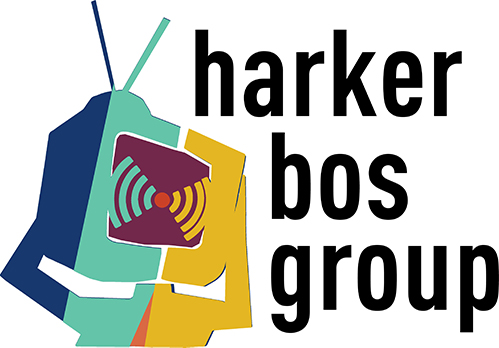Lessons from a Career Behind the Mic
I started my broadcast career as a disc-jockey at a 1000-watt AM radio station in Williamsport, PA. I worked at WWPA for a long time and in a small north central Pennsylvania market for 14 years. I was not making much in the way of money, but I was happy chasing my dream.
Like most jocks of the day I recorded every show on a cassette skimmer and reviewed each one on almost a daily basis. Some days I thought I was good, other days not so much. In those early years I had to be my own coach. My Program Director would offer sporadic feedback from time to time but I gained more from just listening each day.
In 1982, I met my future wife, Carol, at a station event. She was a broadcast major in college so we shared a love of broadcasting and similar career aspirations. Over the years, I have never had a more supportive person of my career goals. She was my biggest fan and at times my biggest critic. There were days I would go home after hosting a talk-show and she would tell me I was good enough to work anywhere. But she wasn’t afraid to tell me when things didn’t go well and I struggled. And she was always right.
As I moved from one market to another I had the opportunity to work with some amazing people who pushed me to get better. As I was still an on-air programmer, I continued to fine-tune my on-air presentation. One of the biggest breaks of my career was building a relationship with sports consultant Rick Scott. Rick is a brilliant mind and he taught me what it takes to be a great on-air talent and programmer. The feedback I received was indeed a breakthrough for my career.
As I transitioned from on-air talent to talent mentor Rick helped me understand the importance of carefully listening to hosts and offering feedback to talent in a professional and supportive way.
In Part 2, coming out tomorrow, I’ll share what I’ve learned and explain the importance of coaching and feedback to help your talent achieve their full potential.


